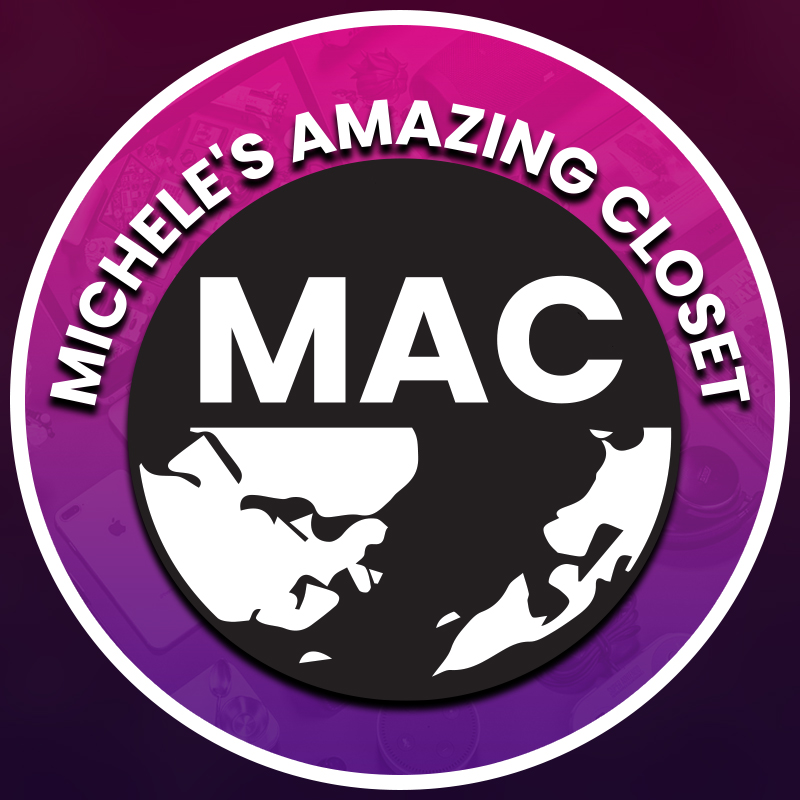
Digital health startups raised $3.4 billion across 132 deals in the first quarter, according to Rock Health’s latest funding report.
Though investment in Q1 surpassed the last two quarters — where companies notched $2.7 billion in Q4 and $2.2 billion in Q3 — the authors noted this probably isn’t a return to the booming funding environment seen in 2021 and early 2022.
“Overall, Q1’s mega-deal upticks don’t necessarily foreshadow a sector rebound. Rather, they indicate that the sector’s more established players and investors are trying to find their sea legs in this market, selectively deploying those dry powder reserves they’ve been stockpiling since 2021 into teams and projects they know,” Rock Health’s Mihir Somaiya, Galen Shi and Adriana Krasniansky wrote.
For one, digital health saw a relatively large number of mega-deals, or rounds worth $100 million or more, after a drought during the past two quarters. The report noted six mega-deals in Q1, which made up 40% of the quarter’s total digital health funding.
Some of those deals included kidney care company Monogram Health’s $375 million raise, staffing startup ShiftKey’s $300 million round and clinical trial platform Paradigm’s $203 million Series A. Notably, Paradigm was co-incubated by ARCH Venture Partners and General Catalyst.
But digital health companies still aren’t going for a public exit. The report found zero IPOs in the first quarter, and digital health stocks traded nearly 50% lower at the beginning of 2023 than they did at the start of 2021.
The unappealing public markets may be one reason for the growth of mega-deals as late-stage startups look for more cash. The report also found an increase in the proportion of Series D+ rounds relative to other deal stages compared with last year. However, median Series D+ deal size is down to $58 million from $72 million in 2022.
The aftermath of the Silicon Valley Bank collapse could also linger for digital health funding. The report argued not all startups were affected equally by SVB’s loss, and later-stage companies had more options when it came to choosing a new bank.
“It’s hard to overstate just how supportive SVB was of the startup ecosystem, and the full ramifications of its closure and acquisition on technology innovation may not be felt until quarters later,” the report’s authors wrote. “On the funding front, we expect that SVB’s collapse will contribute to the next few quarters of startup financing (debt and equity) moving more conservatively.”
Meanwhile, the regulatory environment for digital health is also shifting as the COVID-19 public health emergency comes to an end. Congress has also introduced a health and location data privacy bill, while the Federal Trade Commission is cracking down on digital health companies sharing health data for advertising purposes.
“While some may mourn the Wild West of 2021 digital health — unbridled demand, lax rules, cheap money — the next era will foster digital health entrepreneurship and intrapreneurship with guardrails that guide innovation rather than stifle,” the authors wrote.
David Higginson will offer more detail in the HIMSS23 session “Leveraging In-House Machine Learning Innovations for a More Human Touch.” It is scheduled for Tuesday, April 18 at 1:15 p.m. – 1:45 p.m. CT at the South Building, Level 1, room S104.

